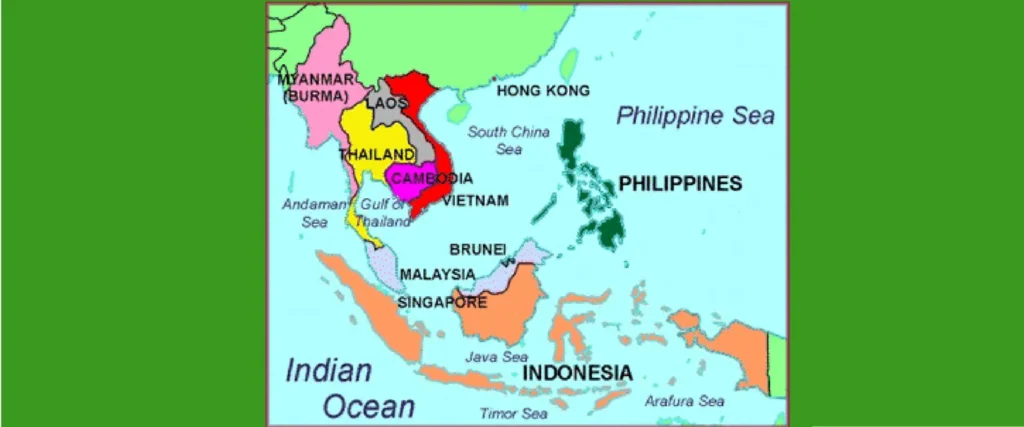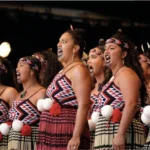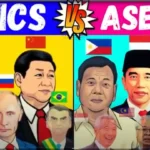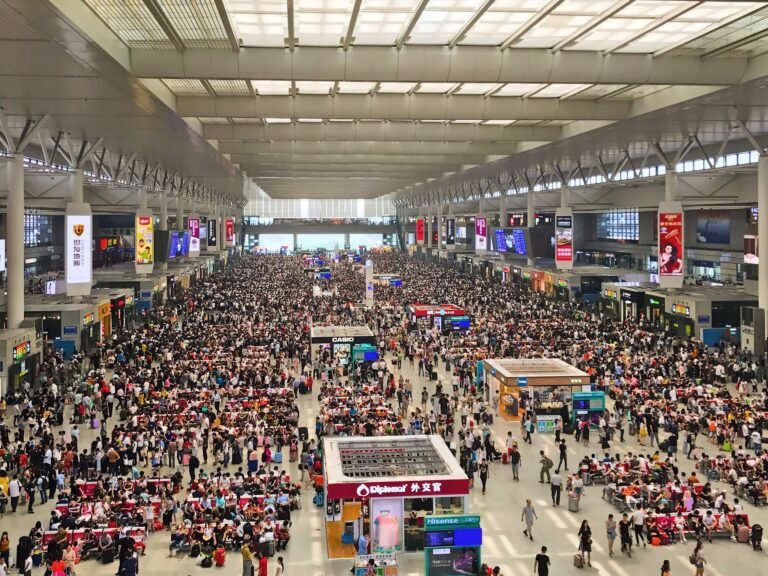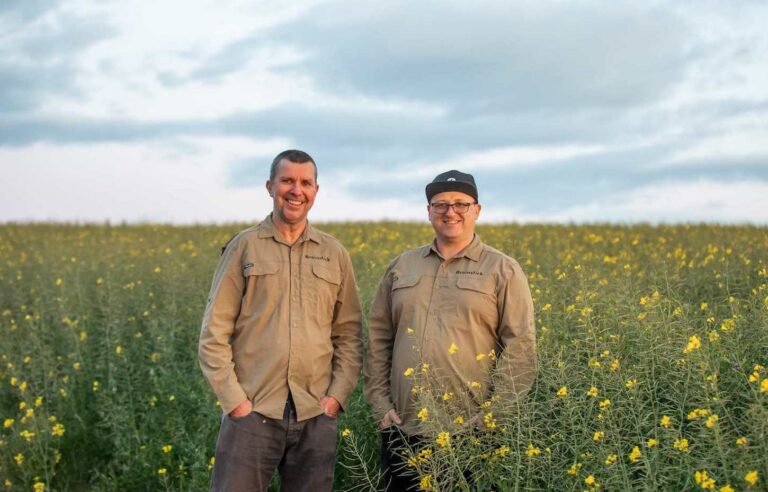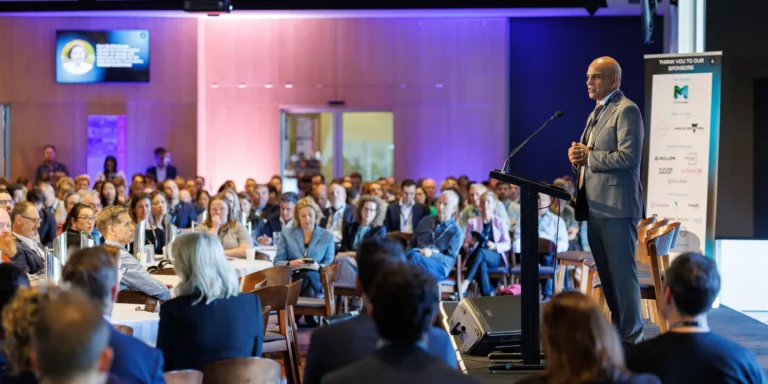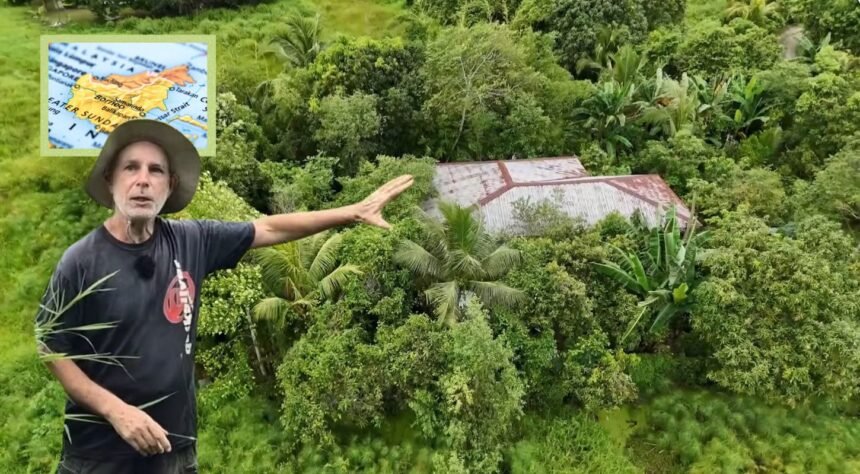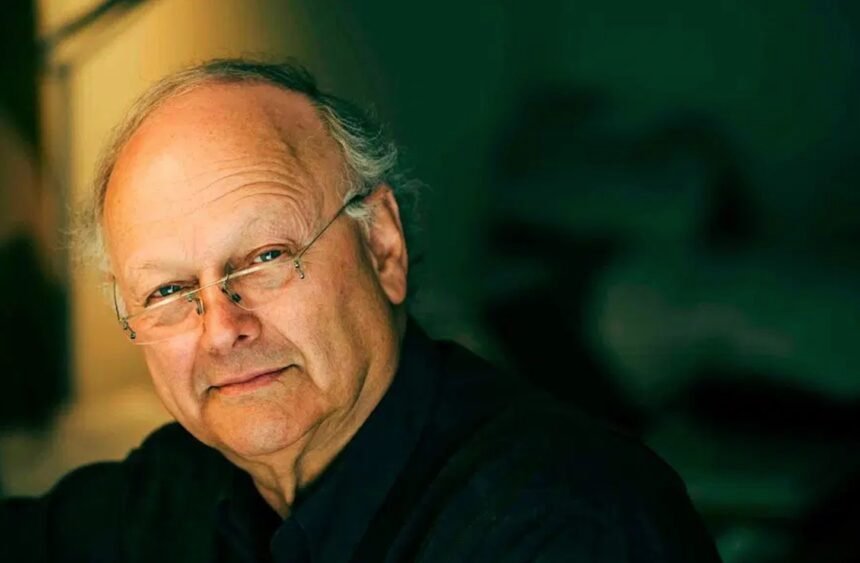Within ESG mandatory reporting, are some international companies circumventing their ESG & Humanitarian responsibilities for financial gains in Myanmar? – by directly or indirectly financing the military Junta with armaments in the ongoing genocide of the Rohinga, and the erosion of human rights and civilian livelihoods.
Myanmar’s military junta, the Myanmar’s State Administration Council (SAC), overthrew a democratically elected Government in 2021 and placed high-profile leader elect, Aung San Suu Kyi of National League for Democracy (NLD) party, under arrest in prison to serve a 33 year sentence, reduced to 27 years in 2023. Aung San Suu Kyi was motivated and influenced by both of Mahatma Gandhi‘s philosophy of non-violence and also by the Buddhist concepts, to increase the country’s free-market economy investor confidence and the Myanmar peoples’ properity.
Some now ask, Why is Myanmar still a member of ASEAN – the democratic member nations of Southeast Asia? Why are companies, banks and the mining sector facilitating / financing SAC? And, What accurate information do these companies provide for their obligatory ESG reporting? Particularly to incentivise investors. Is it Green-Washing?

The Union of Myanmar is a member of Asian Development Bank (ADB), Asia-Pacific Telecommunity (APT), Association of Southeast Asian Nations (ASEAN)- with 16 banks in seven countries still processing transactions related to Myanmar military procurement. SAC imported US$ 1 bil ammunitions in 2023.
Since the February 2021 coup, over 5,000 civilians have been killed, at least three million displaced. More than 20,000 political prisoners remain incarcerated. Military airstrikes against civilian targets have increased five-fold in the last six months, even as the junta loses military outposts, territory, and troops to resistance forces. (UN)
A 2019 UN report highlighted the key role played by two military-backed conglomerates – Myanmar Economic Holdings Limited (MEHL) and Myanmar Economic Corporation (MEC), naming 14 foreign companies who had entered joint ventures with the junta-controlled companies, plus 44 companies that were reported to have commercial ties to the military-owned conglomerates. (AsiaLink)
Myanmar is rich in resources, and mining projects include the extraction of jade, ruby, gold, silver, tin, zinc and limestone. The country is also ranked as the fifth largest producer of rare earth elements in the world.
The U.S., Canada, Britain and the EU have all imposed a variety of sanctions on Myanmar’s military regime and its entities in recent years in efforts to stop its violent crackdown.
In 2018, the Australia Government announced imposed new targeted financial sanctions and travel bans on members of the Myanmar military (Tatmadaw) – and in Februrary 2024, imposed further targeted sanctions on five entities in Myanmar, designed to limit the regime’s access to the funds and military matériel that enable it to continue to commit atrocities against its own people. But what is in discussion behind closed doors on Australia’s mining industries involvement with SAC in still operating in Myanmar?
However, dozens of Australian-linked mining companies, investors and executives continue to operate in Myanmar’s military-dominated resources sector, which in effect if financing their ‘war’.

A new Justice For Myanmar report, Mines Against Humanity, reveals the Australian owned and led companies that are engaged in extraction, exploration and services that provide the junta with revenue. This report documents 10 company networks that have remained active in Myanmar include mining and mine servicing companies Valentis Group; Cornerstone Resources; Asia Pacific Mining Ltd.;, Access Asia Mining; Georesources Group and PSI Drilling Ltd; PanAust Ltd.; Knight Piesold; Australian Laboratory Services Ltd.; and Golden Land & Mining Services.
27 June 2024 UN Headline: Rights expert urges banks to stop financing Myanmar junta weapons trade.
Thailand last week became Myanmar’s State Administration Council (SAC) leading source of military supplies purchased through their international banking system, providing financial services across international boundaries, such as accepting deposits, issuing loans, facilitating payments.
The transfer of weapons and related materials from companies registered in Thailand doubled from over $60m in FY2022 to over $120m in FY2023. The SAC continues to engage with a broad international banking network to sustain itself and its weapons supplies. Over the past year, 16 banks located in seven countries processed transactions related to SAC military procurement; 25 banks have provided correspondent banking services to Myanmar’s state-owned banks since the coup. (UN report by Tom Andrews, the U.N. special rapporteur on the situation of human rights in Myanmar).
Weak law enforcement, corruption and poverty is creating a surge in drug production and trafficking which has surpassed Afghanistan, online gangs scam rings, sex trafficking, and other criminal activities.
In Hanoi on June 21-22, Daniel Kritenbrink, the U.S. assistant secretary of state for East Asian and Pacific Affairs, met Kyaw Lin Zaw, a commander in the Myanmar Navy, accompanied by Peter Lohman, director for Southeast Asia of the U.S. National Security Council, and Susan Stevenson, charge d’affaires of the U.S. Embassy in Myanmar. (The Diplomat)
According to The Diplomat’s source, Kritenbrink’s meeting was “no secret in the region” and was being conducted “with the implicit consent of regional countries,” including Vietnam, Singapore, Indonesia, and Thailand – suggesting some ASEAN member states welcome a more active U.S. role, as a possible supplement to the Five-Point Consensus. One Myanmar-focused journalist claimed that the meeting has also “received nods” from China.
Nothing was resolved or tabled from the talks, and this points to the military’s financial incentives in not ceasing fire, and not building a nation for all to prosper.
May 2023 U.N. report Myanmar’s military has imported at least $1 billion worth of weapons and related material from Russia, China and other countries.
The Association of Southeast Asian Nations (ASEAN) and its Five-Point Consensus peace plan, which was formulated during a special meeting of the bloc in April 2021 – and with three successive ASEAN chairs, has so far done little to resolve the conflict, or even bring the various contending factions into indirect dialogue.
The Myanmar military, also known as the Tatmadaw, generates revenue through various channels.
Foreign Banks and Military Procurement:
Foreign banks allegedly helps the junta acquire weapons and military supplies, facilitating violence and brutality during the ongoing civil war. UN reports have identified banks in seven countries that processed transactions linked to the junta’s military procurement over the past two years.
Natural Gas Projects:
The military benefits from natural gas projects backed by foreign investors. Companies like France’s Total, Chevron (US), South Korea’s Posco, and Malaysia’s Petronas contribute to their revenue.
Control of Lucrative Industries:
Arms Companies and Donations:
Arms companies from countries like North Korea, Russia, China, Israel, and India have supplied weapons to Myanmar’s military.
Despite international sanctions, the junta continues to exploit gaps and circumvent measures to sustain its
Backgrounder:
Elections in 2015 had seemed to usher in a new era of democracy, after years of authoritarian rule. Aung San Suu Kyi, the leader of the opposition National League of Democracy (nld), became the de facto leader of the country formerly known as Burma. Yet attacks by the army on the Muslim Rohingya people were catastrophic.
NAMESAKE MYANMAR / BURMA:
The nation has been known officially as Myanmar since 1989, when the then ruling junta discarded ‘Burma’ along with other place names, due to the sediment of British rule. It is questionable if the regime had the legitimacy of changing the countries name without a referendum- and hence, both Burma and Myanmar have become interchangeable
Burmese people or Myanma people (Burmese: မြန်မာလူမျိုး) are citizens or people from Myanmar (Burma), irrespective of their ethnic or religious background. Burmese and Chinese are both a part of the Sino-Tibetan language family and peoples.
The United Nations, of which Myanmar is a member, endorsed the name change five days after its announcement. However, the United States still refers to the country as “Burma”. On 19 November 2012, US President Barack Obama, accompanied by Secretary of State Hillary Clinton on her second visit to the country, referred to the nation as both Myanmar and Burma. In April 2016, soon after taking office, Aung San Suu Kyi clarified that foreigners are free to use either name, “because there is nothing in the constitution of our country that says that you must use any term in particular.
Bamar – the majority ethnic group – and have little resonance for the 134 officially recognised minorities who make up at least a third of the country’s population.
The junta see themselves as absolute monarchs and deny Burma’s peoples both democracy and human rights.
FURTHER READING :

